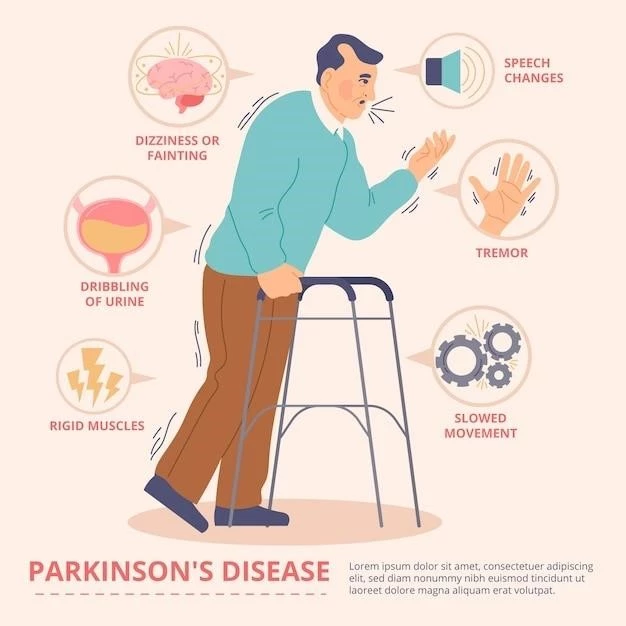Introduction to Piepkorn–Karp–Hickoc Syndrome
The ins and outs of the rare Piepkorn-Karp-Hickoc Syndrome, including characteristics and diagnostic challenges․
The Piepkorn-Karp-Hickoc syndrome, characterized by short ribs, polysyndactyly, cranial synostosis, cleft palate, cardiovascular and urogenital anomalies, and severe ossification defect, presents a complex set of symptoms that require specialized medical attention․
Clinical Features of Piepkorn–Karp–Hickoc Syndrome
Short ribs, polysyndactyly, cranial synostosis, cleft palate, cardiovascular, urogenital anomalies, and ossification defect․
Definition and Overview
The rare Piepkorn-Karp-Hickoc Syndrome presents a complex array of symptoms, such as short ribs, polysyndactyly, cranial synostosis, cleft palate, and various anomalies, necessitating specialized medical attention․
Some of the symptoms of Piepkorn-Karp-Hickoc syndrome include short ribs, premature fusion of skull bones, unusual head shape, webbed fingers, and low set ears․
Associated Symptoms
Short ribs, premature fusion of skull bones, unusual head shape, webbed fingers, and low set ears are characteristic symptoms․
Diagnostic Methods
Diagnosis of Piepkorn-Karp-Hickoc syndrome involves physical examination, imaging studies, genetic testing, and consultation with multiple specialists to determine the full extent of the condition․
Management Options
The management of Piepkorn-Karp-Hickoc syndrome typically involves a multidisciplinary approach, focusing on addressing specific symptoms and complications through surgical interventions, genetic counseling, and supportive care to enhance the quality of life for affected individuals․
Research and Studies on Piepkorn–Karp–Hickoc Syndrome
Research on Piepkorn-Karp-Hickoc syndrome includes investigations into its various clinical manifestations and potential treatment advancements․
Current Understanding
The rare Piepkorn-Karp-Hickoc Syndrome, previously referred to as Piepkorn syndrome or a type of lethal osteochondrodysplasia, presents complex and unique challenges for medical professionals and researchers․
Ongoing Research Efforts
Research efforts on Piepkorn-Karp-Hickoc syndrome focus on understanding the genetic underpinnings, exploring potential therapeutic targets, and improving diagnostic and management strategies for individuals affected by this complex condition․
Genetic and Rare Diseases Information Center Insights
Discover more about Piepkorn-Karp-Hickoc Syndrome, including associated symptoms and in-depth disease information resources․
Disease Overview
Piepkorn-Karp-Hickoc Syndrome, characterized by short ribs, polysyndactyly, cranial synostosis, and cleft palate, presents challenges for diagnosis and treatment․
Learn more about Piepkorn-Karp-Hickoc Syndrome from reliable medical and scientific resources, providing in-depth information on symptoms and management strategies․

Rare Disease Support and Care
Find information on support groups and resources available for individuals and caregivers affected by Piepkorn-Karp-Hickoc Syndrome․
Patient and Caregiver Connections
Connect with fellow individuals and caregivers impacted by Piepkorn-Karp-Hickoc Syndrome to share experiences and find support through online communities and support groups․
Available Resources
Explore resources dedicated to providing detailed insights into Piepkorn-Karp-Hickoc Syndrome, offering valuable information on symptoms, treatment options, and support avenues for individuals and caregivers․
Exploring the relationship between Piepkorn-Karp-Hickoc Syndrome and conditions like cleft palate and polydactyly․
Associated Conditions with Piepkorn–Karp–Hickoc Syndrome
Exploring the relationship between Piepkorn-Karp-Hickoc Syndrome and conditions like cleft palate and polydactyly․
Impact of Piepkorn–Karp–Hickoc Syndrome on Patients
Understanding the challenges faced by individuals affected by Piepkorn-Karp-Hickoc Syndrome and its impact on their quality of life․
Quality of Life Considerations
The impact of Piepkorn-Karp-Hickoc Syndrome on patients’ quality of life involves comprehensive care and support to address physical and emotional challenges associated with the condition․
Challenges Faced by Patients
Patients with Piepkorn-Karp-Hickoc Syndrome encounter challenges related to physical complications, surgical procedures, ongoing medical care, and psychological impacts, necessitating comprehensive and specialized support․

Educational Resources and Awareness Campaigns
Discover organizations providing support and initiatives raising awareness about Piepkorn-Karp-Hickoc Syndrome․
Organizations Providing Support
Learn about organizations dedicated to offering support and resources for individuals and families affected by Piepkorn-Karp-Hickoc Syndrome․
Awareness Initiatives
Discover awareness initiatives focused on educating the public about Piepkorn-Karp-Hickoc Syndrome, raising visibility, and promoting understanding of this rare condition․
Future Perspectives and Advancements in Treating Piepkorn–Karp–Hickoc Syndrome
Explore promising areas of research and potential therapeutic developments in managing Piepkorn-Karp-Hickoc Syndrome․
Promising Areas of Research
Research on Piepkorn-Karp-Hickoc syndrome focuses on genetic underpinnings, potential therapeutic targets, and advanced diagnostic and management strategies․
Potential Therapeutic Developments
Future therapeutic developments for Piepkorn-Karp-Hickoc syndrome may involve genetic advancements, novel treatment modalities, and personalized medical interventions to improve patient outcomes and quality of life․
